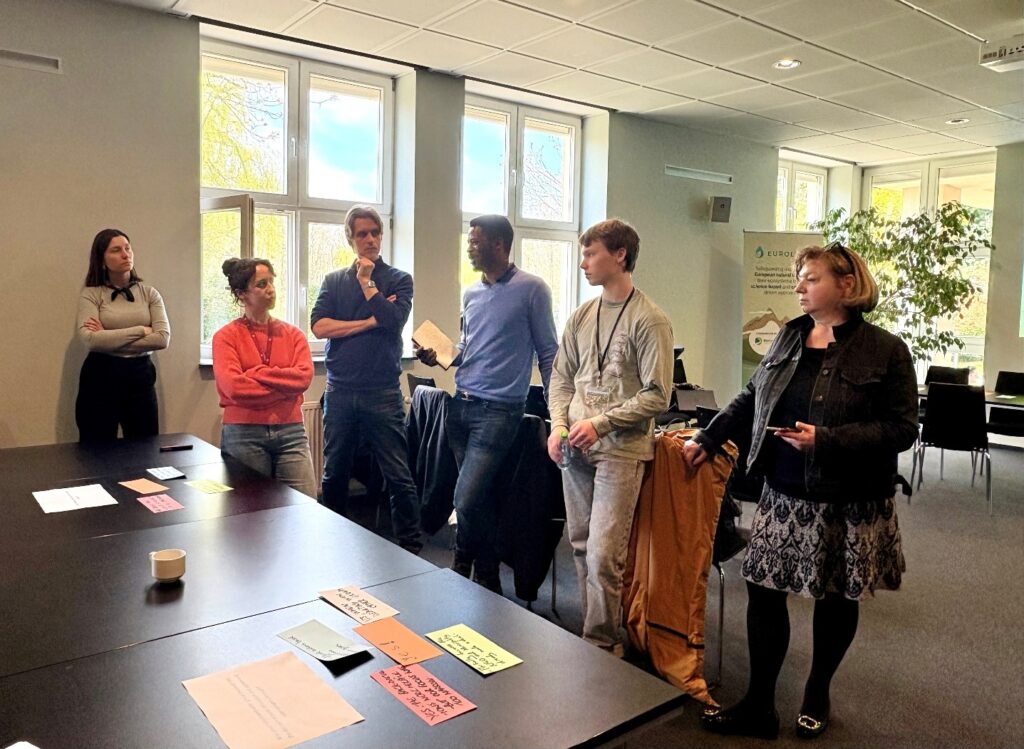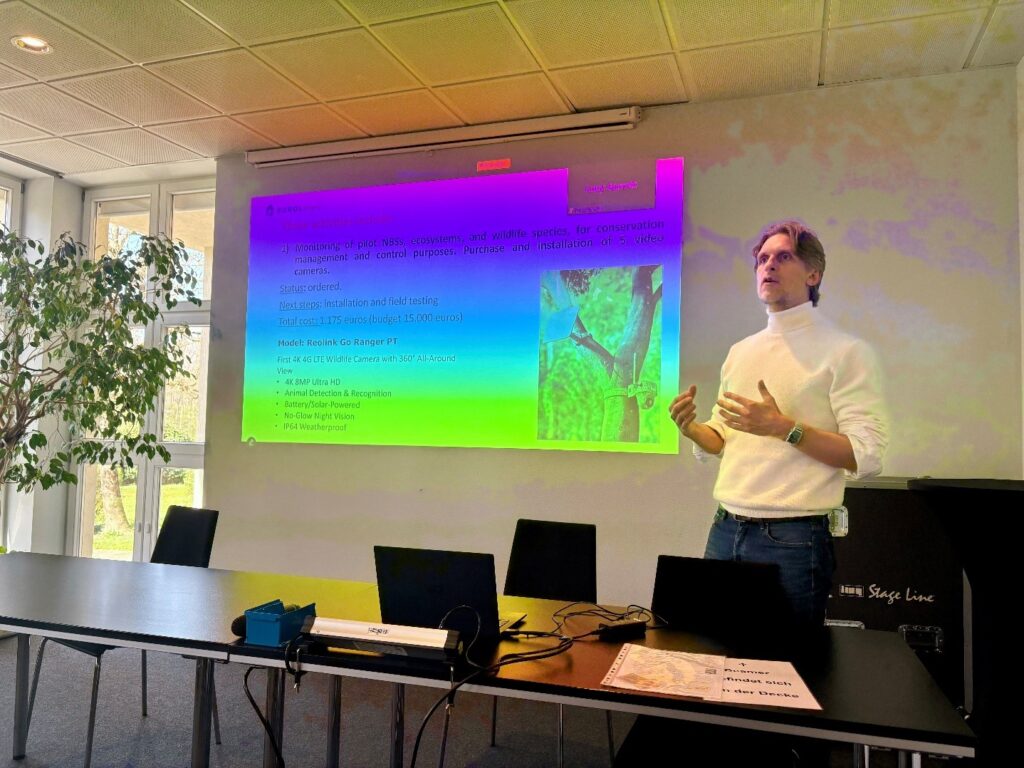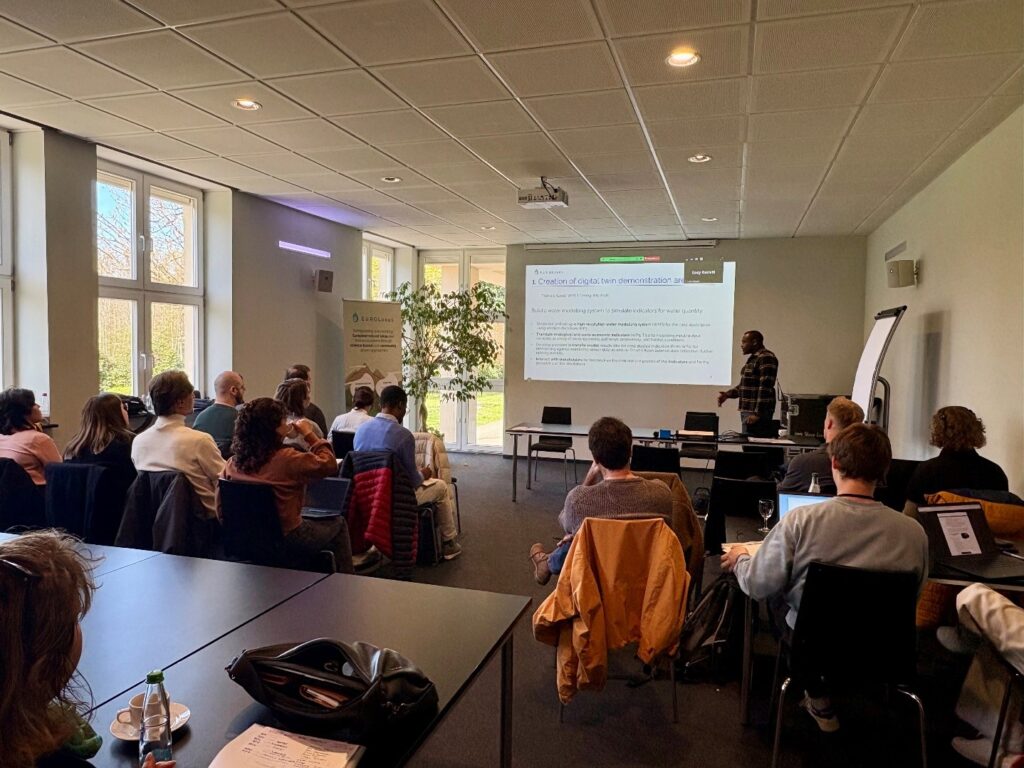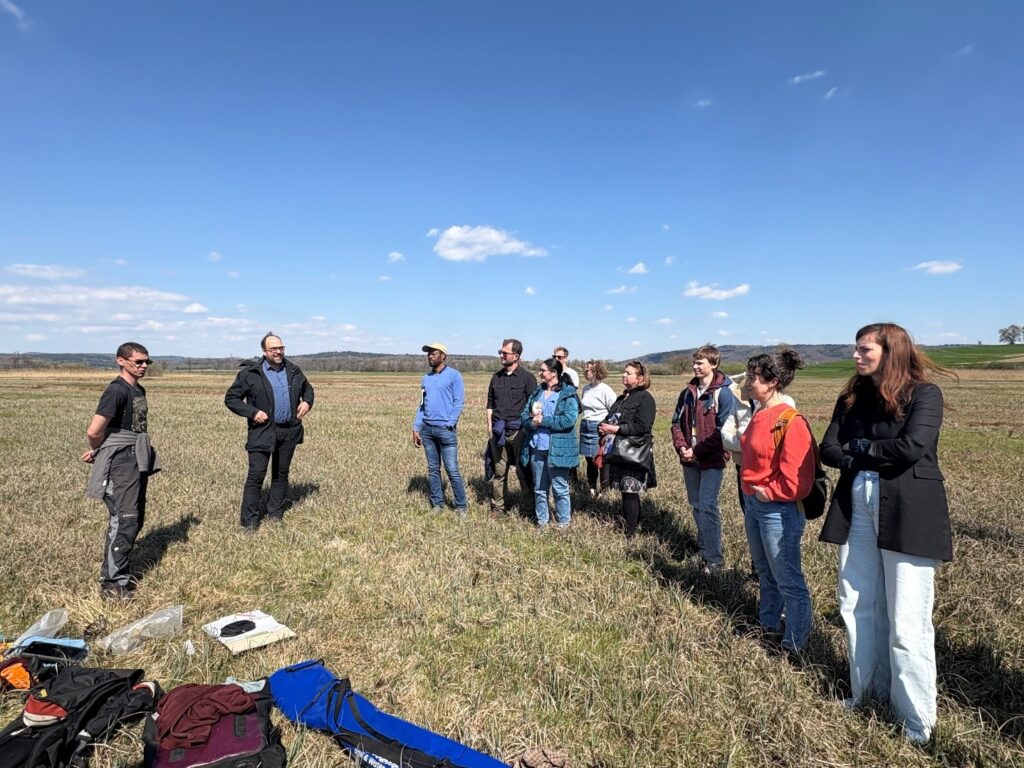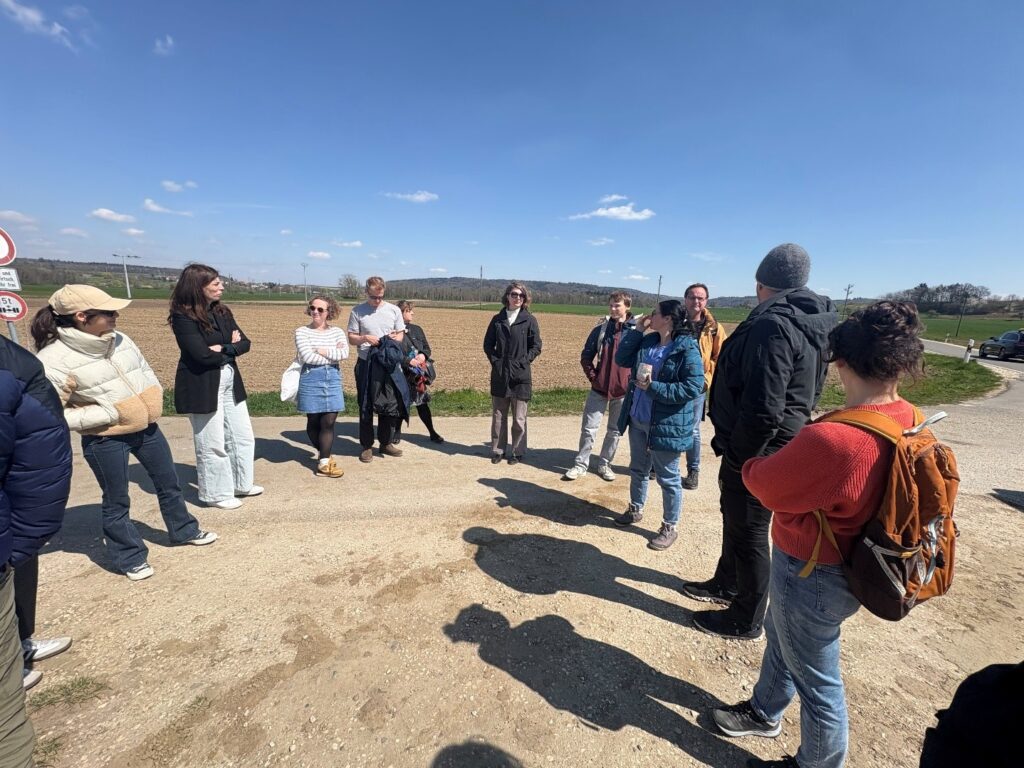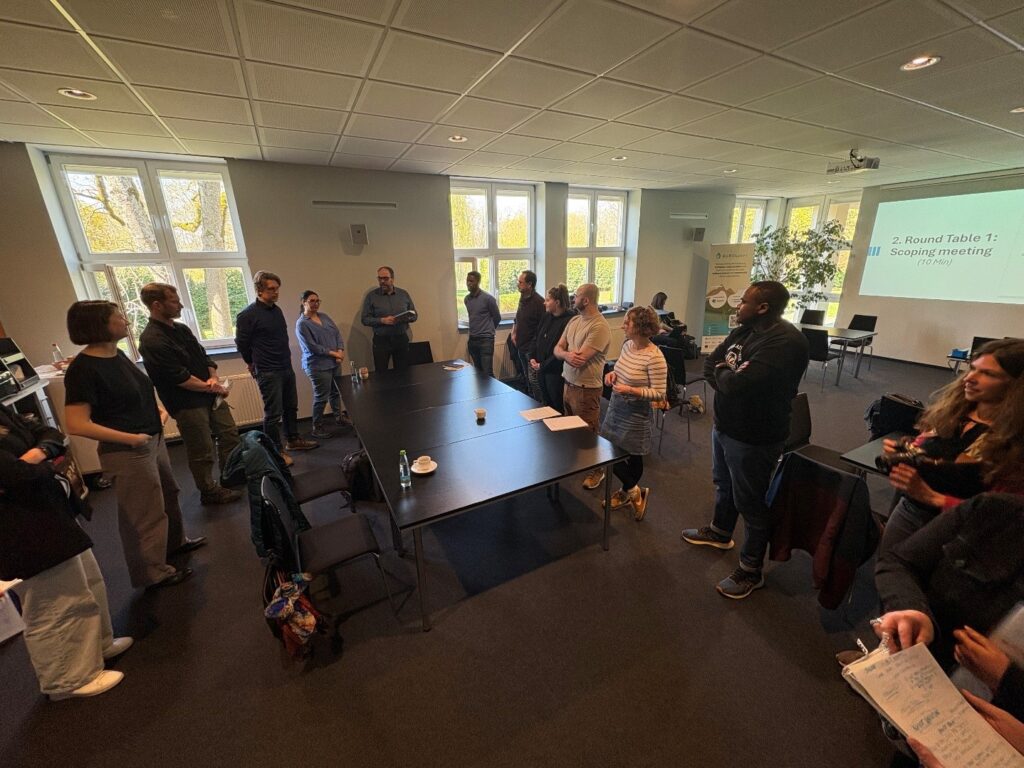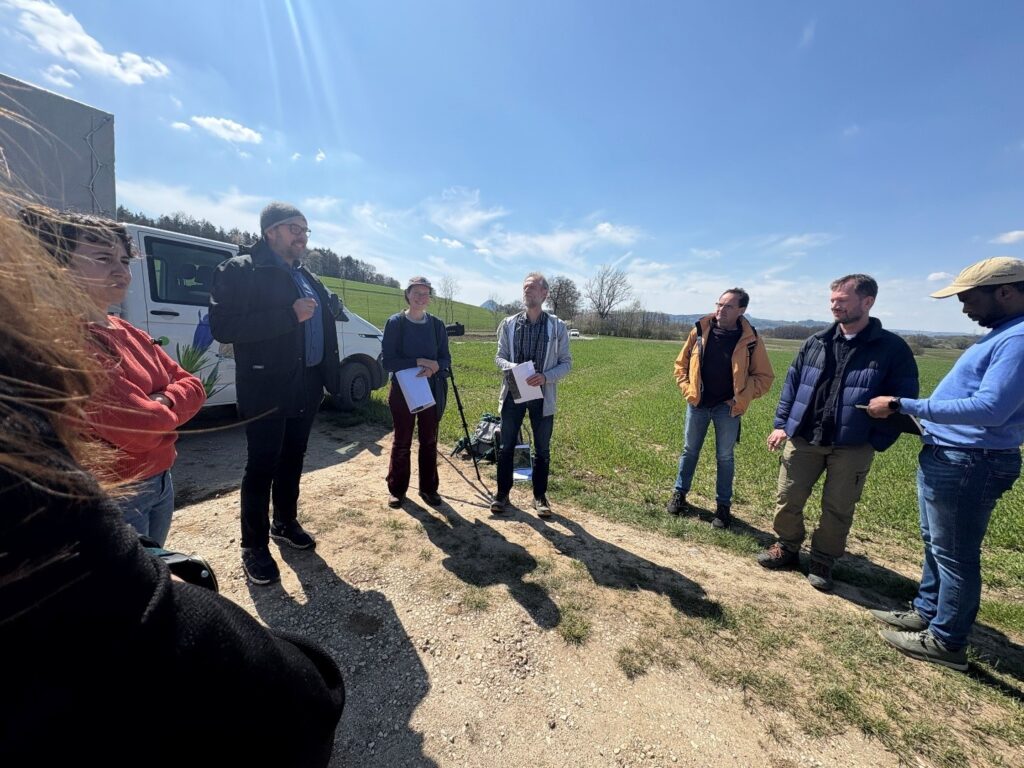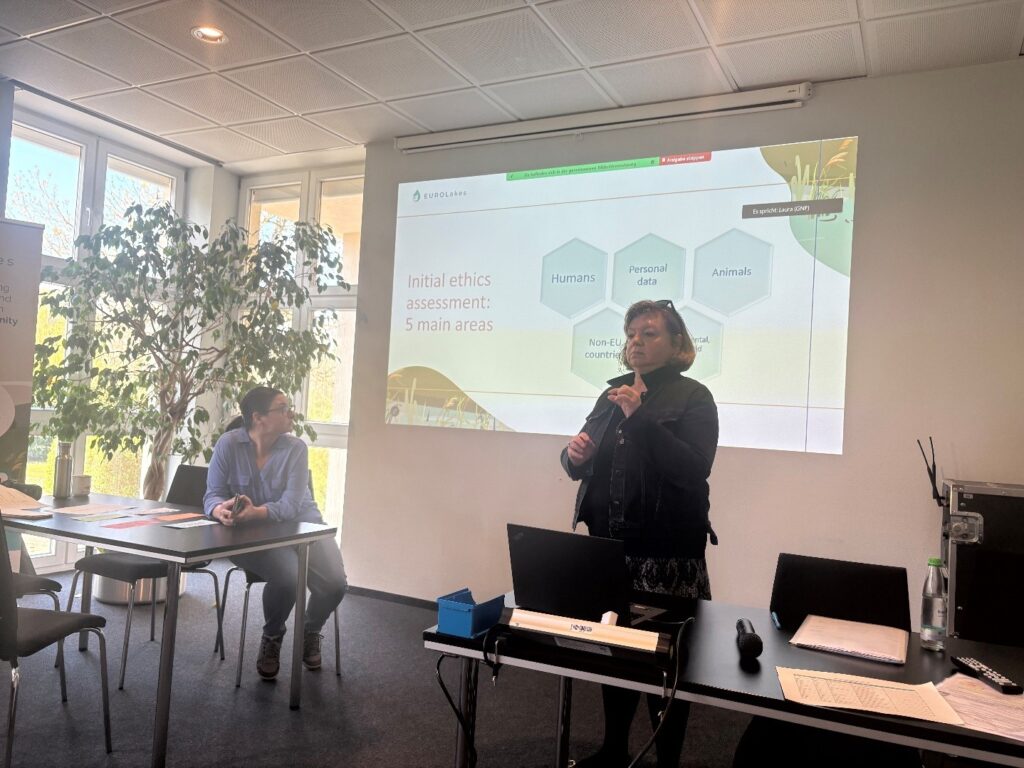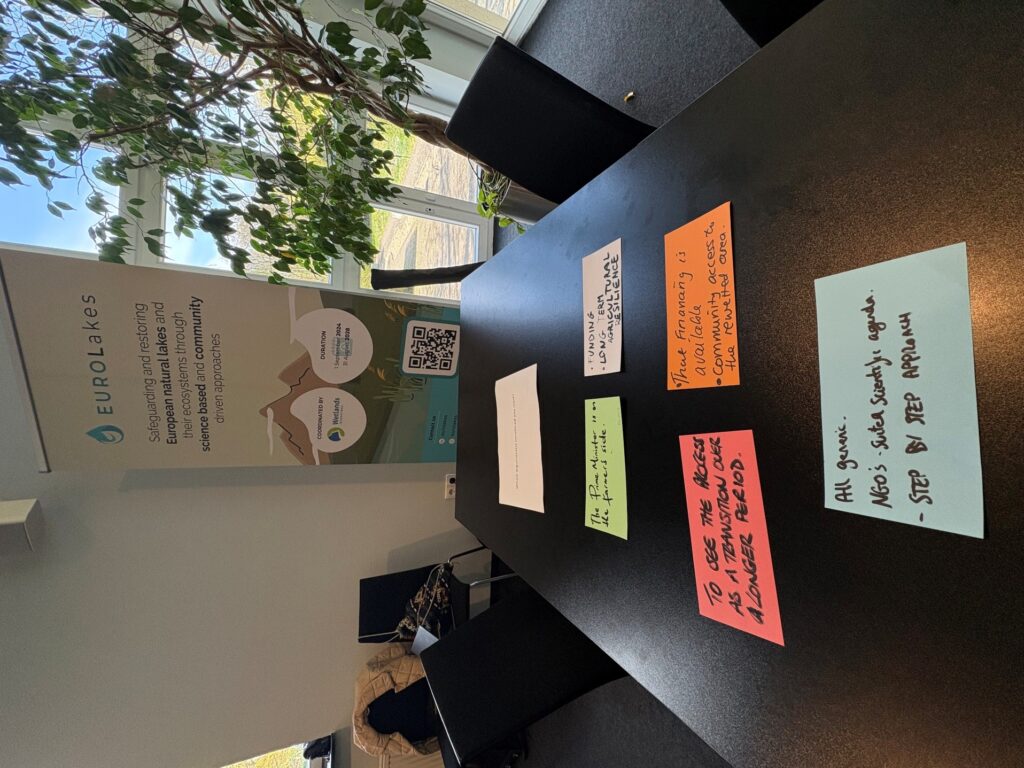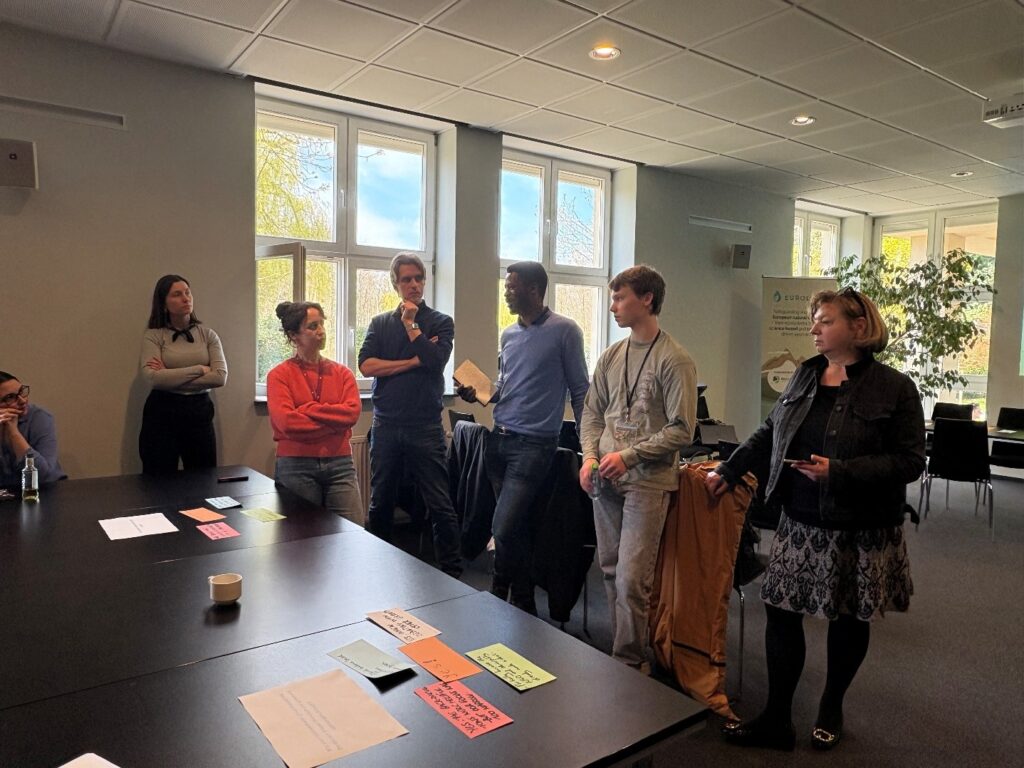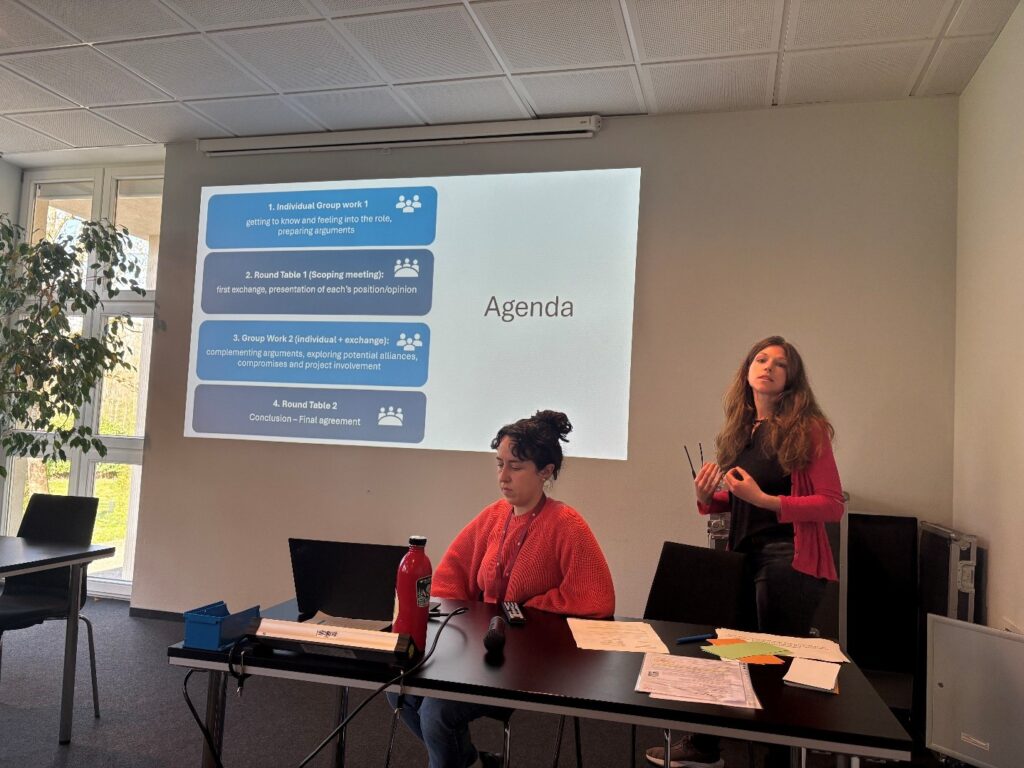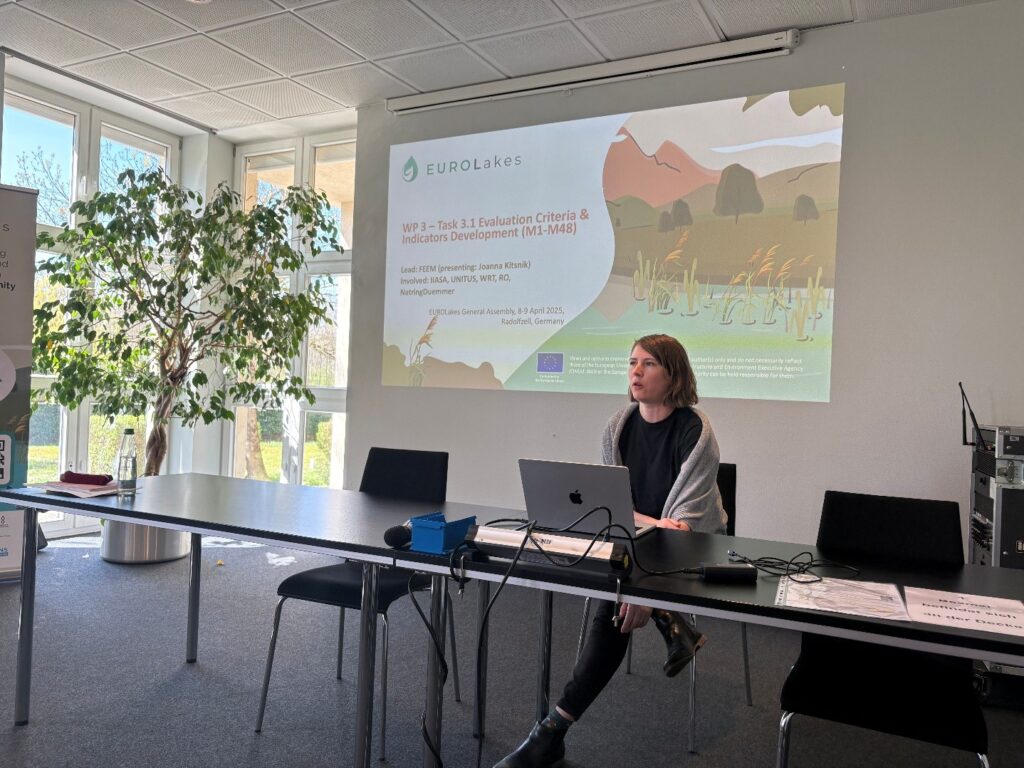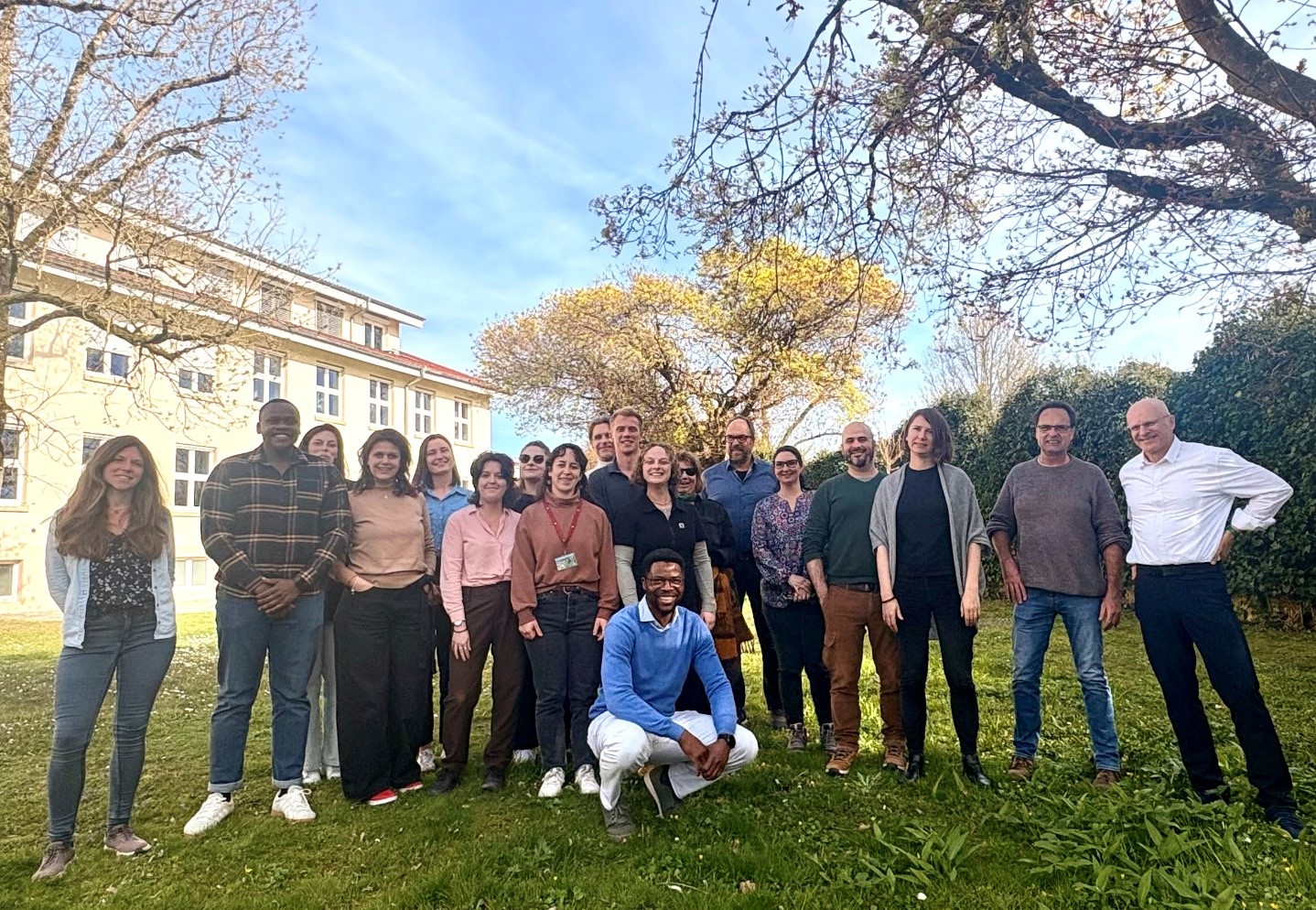The EUROLakes first progress management meeting took place in Radolfzell, at the Radolfzeller Innovationszentrum, April 8–9, 2025. Hosted by the Global Nature Fund (GNF), the event brought together key partners to assess project milestones and strengthen collaboration towards sustainable lake governance across Europe.
The meeting was opened by Udo Gattenloehner, Director of GNF and Chris Baker, Director of WIE, EUROLakes coordinator, and served as a dynamic platform for updates across all work packages.
Our busy agenda included detailed progress updates from each one of the work packages, starting with stewardship and governance and the launch of the 4RF Learning Program, an initiative that aims to deepen partner capacity for applying holistic, landscape-based solutions at the three demo sites. We moved on with presentations on the innovations in digital twin modeling to simulate and monitor lake systems, and field progress with demonstration activities and the communities of practice establishment. An important aspect of the discussion was the financing pathways to scaling nature-based solutions as well as the knowledge exchange across regions through replication sites, and the requirements they need to meet. The communication and dissemination update highlighted the completion of the EUROLakes website and the start of the WHO’s Who campaign. It additionally outlined the timeline for the planning of the hyperlocal Communication and Dissemination campaigns and provided a closer look into the task regarding policy recommendations, enhancing partners understanding of how they can leverage them with advancing the objectives of EUROLakes by bringing freshwater management high on policy makers agenda. Work package updates were wrapped up with a talk on ethics and ESG principles, with EUROLakes’ ethics advisor Nina J. Zugic outlining safeguards for data governance and stakeholder engagement.
A highlight of the meeting was a lively group’s learning session on stakeholder communication, coordinated by GNF, followed by a field visit to the “Weitenried” wetland, offering a real-life experience for the topics we discussed.



Launching the 4 Returns Framework Learning Program: A Landscape Approach in Action
Akey step in embedding integrated landscape management across project activities is learning more about it. During the first day of EUORLakes meeting, partners marked the kickoff of the 4 Returns Framework Short Learning Program designed to equip consortium members with the needed tools to integrate environmental, social and economic dimensions into the landscape planning.
Led by Wetlands International, the program is grounded in the Landscape Approach, which views lake ecosystems as socio-ecological systems shaped by diverse stakeholder interests. The learning process encompassed the Ethiopia’s Rift Valley case study, demonstrating the contrast between sectoral and integrated approaches, concepts such as adaptive management, multistakeholder collaboration and governance-sensitive planning as well as somereflections on how to align the 4RF principles with EUROLakes work activities – modeling, field demonstrations and replication, in particular.
Blending online tools, live discussions and shared best practices, this program targets practical application through real-world case engagement. Early feedback from participants emphasized the need for hands-on guidance tailored to local conditions.
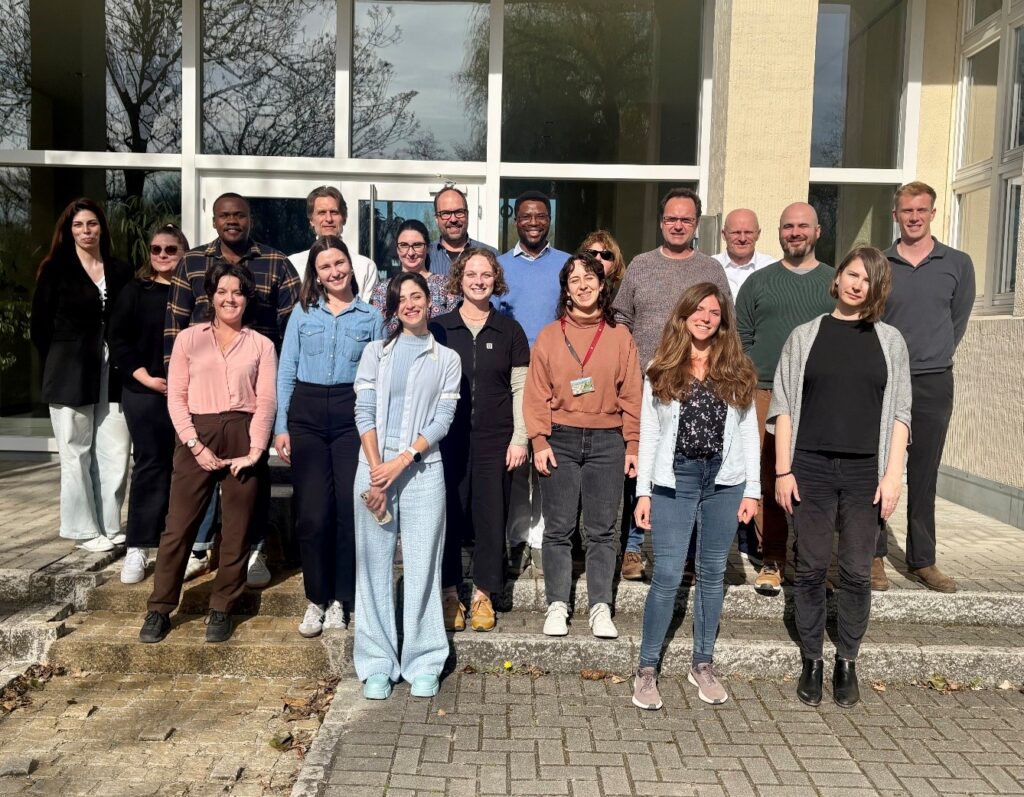
“Zero” Session on Policy
EUROLakes partners enjoyed their first familiarization talk on policy and how we can leverage the projects’ policy recommendations to upscale the 4RF approach, best practices and innovative measures at various scales, for an improved ecological health of lakes. The session was led by Irene Duque Femenia, Freshwater Policy Officer at Wetlands International Europe, who also conducted a quick and fun poll to assess partners’ views and expectations with regard to policy.
The main conclusions from this exercise could be summarized, as follows:
- Focusing policy recommendations on the Water Framework Directive and the Nature Restoration Law, which are identified as most relevant.
- Facilitating connections between participants and EU-level policy makers, to enhance the impact of policy recommendations.
- Addressing the identified ecological and policy hurdles in the project’s activities and dissemination strategies, with a focus on raising social awareness, managing competing interests and improving public participation and financing mechanisms.
These findings are expected to inform future recommendations by EUROLakes for national and EU-level policy frameworks, particularly in shaping integrated freshwater strategies.
As EUROLakes continues with its implementation, the Radolfzell meeting reaffirmed the project’s commitment to collaboration, innovation and system-level thinking. By combining technical and social excellence with inclusive learning, the project is setting an example on how Europe can manage its lakes – not simply as bodies of water but as complex landscapes vital to climate resilience, biodiversity and community well-being.
